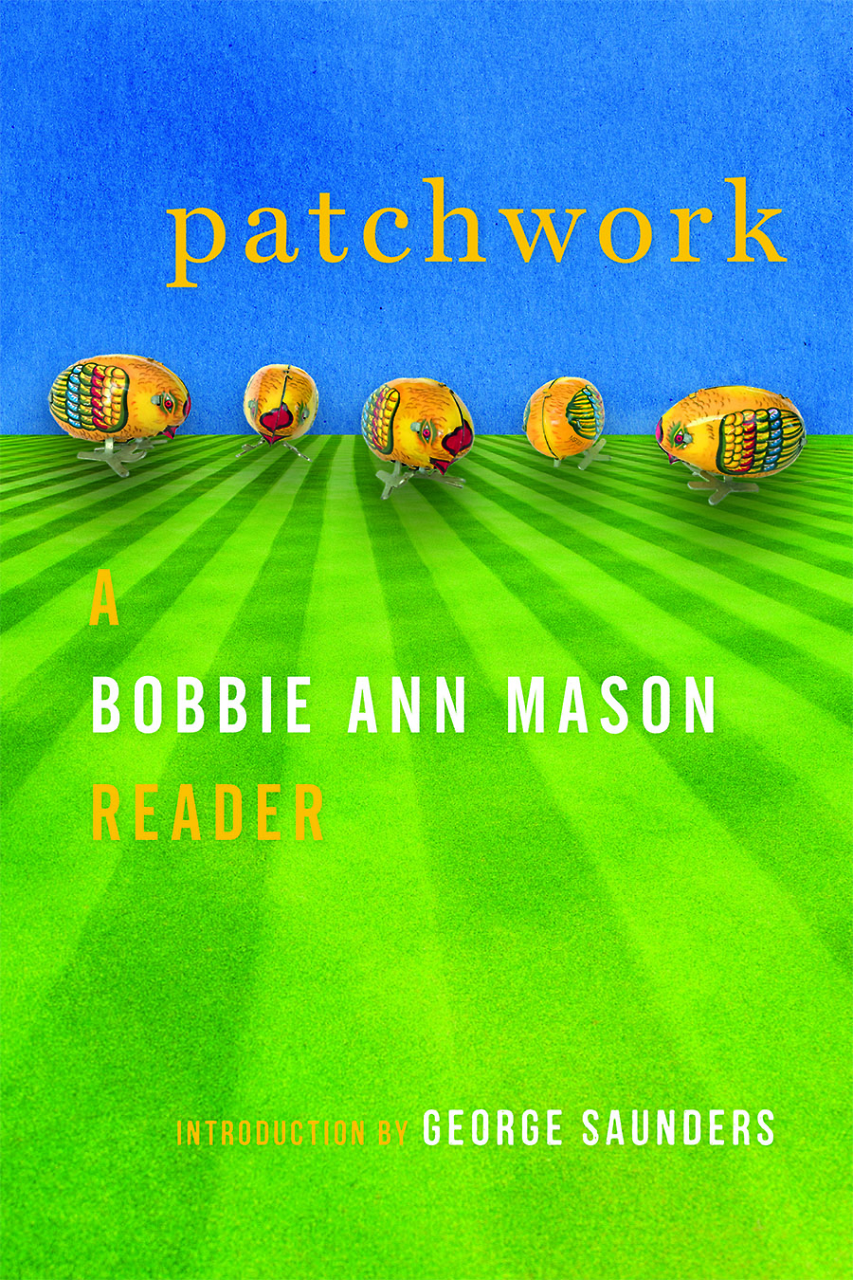Against Closure
In a new story collection, Lorraine López writes with nuance about loneliness and dislocation
In her newest story collection, Homicide Survivors Picnic, Lorraine M. López writes, “There are some things we just can’t help.” Things like dead birds. Ex-husbands. Poor choices. Bad cats. It’s no picnic for many of her finely drawn characters to clean up the messes others have fecklessly abandoned. López, who teaches creative writing and literature at Vanderbilt University, is the recipient of numerous Latino awards for her writing, but this collection defies boundaries of skin color, ancestry, and gender, elevating mundane events and predicaments to the scope of larger human dramas.
 Several of the stories in Homicide Survivors Picnic center on children dumped with next-to-next-of-kin unprepared for the tangle of affection and responsibility the children create. In the opening story, “The Flood,” Lydia cares for her cousin Shirley’s precocious four-year-old daughter. Roxanne, like most children, catapults between even-tempered sweetness and howling bouts of frustration. Already she has learned the sneaky but sometimes heartrending art of bribery in return for affection. Hoping to earn simply the sense of being wanted, she forages for meager finds to present to her “Auntie”: smooth dark stones for her pocket, dandelion flower heads, and (to Lydia’s repulsion), a tiny dead bird. Throughout the story, Lydia compares herself to Roxanne and comes up short, unable to match Roxanne’s relentless endurance. This failure provides a none-too-subtle way of distancing herself psychologically from a child for whom her feelings are decidedly mixed. “I can’t do this,” she complains about a dive into a hotel swimming pool, while Roxanne calmly tells her she can. In the end, the two walk with fingers interlocked through the glass doorway of the River Heritage Museum. Together they wait for the lights to dim, for their own surrender to the flood roiling safely behind the glass exhibits.
Several of the stories in Homicide Survivors Picnic center on children dumped with next-to-next-of-kin unprepared for the tangle of affection and responsibility the children create. In the opening story, “The Flood,” Lydia cares for her cousin Shirley’s precocious four-year-old daughter. Roxanne, like most children, catapults between even-tempered sweetness and howling bouts of frustration. Already she has learned the sneaky but sometimes heartrending art of bribery in return for affection. Hoping to earn simply the sense of being wanted, she forages for meager finds to present to her “Auntie”: smooth dark stones for her pocket, dandelion flower heads, and (to Lydia’s repulsion), a tiny dead bird. Throughout the story, Lydia compares herself to Roxanne and comes up short, unable to match Roxanne’s relentless endurance. This failure provides a none-too-subtle way of distancing herself psychologically from a child for whom her feelings are decidedly mixed. “I can’t do this,” she complains about a dive into a hotel swimming pool, while Roxanne calmly tells her she can. In the end, the two walk with fingers interlocked through the glass doorway of the River Heritage Museum. Together they wait for the lights to dim, for their own surrender to the flood roiling safely behind the glass exhibits.
While López’s way with such nuances is impressive, it would be a shame to overlook the laugh-out-loud humor she includes in many of her stories. “The Threat of Peace” introduces Stewart, a mediator with a burgeoning private practice. What he can’t mediate or control is his simultaneously smart, abrasive, and felicitous girlfriend. Guadalupe has a laidback, three-martini-after-work mediating style all her own, in addition to two sullen, spoiled daughters. López deftly, and a little deviously, divides the story into classic mediation sections: empathy, patience, active listening, conflict style, etc., until Stewart finds himself sinking in the final ground section. His recognition that his skills can’t repair his relationship with Guadalupe is a mediator’s nightmare: Though it hasn’t happened often in his experiences, he’s forced to admit that “some cases won’t settle because the disputants are too fixed in their positions to meet one another halfway… .”
For López, humor is not without an undercurrent of pathos, most notably in “Human Services” and also in what is perhaps the most poignant story of the collection, “Women Speak.” Rita in “Human Services” suffers from headaches much like her namesake, Saint Rita of Cascia, who was burdened with “a thorn from Christ’s crucifixion crown mysteriously embedded in her temple.” Rita’s metaphorical but no less painful thorn has a name, Beto, her luckless ex-husband. Rita is immensely capable at work, but her personal life is mired in passivity masquerading as good heartedness. After discovering Beto’s slothful housekeeping skills in the duplex she owns and leases to him, after her diligence at work is mistaken for masochism, and after Beto whimpers that she is “all I have left,” Rita finally determines that “absolution” and “charity” are better left to Jesus and saints. In a final line, López leaves Rita to claim her voice—and the reader to wonder what she will say.
“Women Speak” finds López in the classroom (and on familiar ground) as she introduces Lucinda, who teaches a remedial writing course at a local women’s college. “Is it relevant?” is the question she poses to her students as they promenade through tedious oral presentations about gift wrapping, feng shui, vampires, and a dead grandmother’s glass eye (brandished by a student who tearfully believes her grandmother is “watching on me, every minute, every day”). A young woman’s speech about a car accident that leaves her disabled and unable to speak clearly, ends in questions about the “dude who crashed your car,” and the student responds, “Man, he is fine. He is totally hot.” Lucinda wonders in exasperation, “Is this how women speak?” Indeed.
Exasperation gives way to self-recognition during an art student’s presentation honoring the influence of Hedda Sterne, “the last of the Irascibles,” a 1950s artist’s group, which, except for the diminutive Sterne, included only male painters (including Rothko and Pollock). Lucinda realizes that she too has “relegated the best of what she had to say to the parenthesis, … the unspoken thought” while teaching her students. It would be easy to dismiss “Women Speak” as stereotypical feminist rhetoric along the lines of “I am woman, hear me roar,” but López’s humor and the authenticity of her characters lift the story above any accusation of cliché.
López can be scanting in her physical descriptions of both character and place, but she is skillful at developing stories with strong themes, complicated characters, and engaging dialogue. And her rejection of quick fixes and perfect endings is brave. Most importantly, Homicide Survivors Picnic, with its startling and provocative title, never shirks from depicting life and love in all their ambiguity and their uncertainty.


